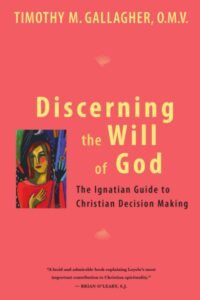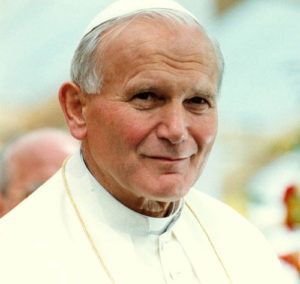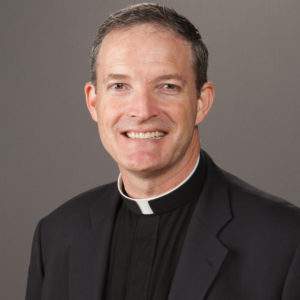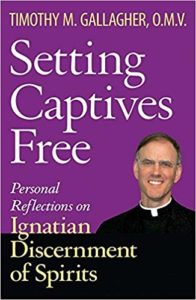Podcast: Play in new window | Download (Duration: 27:53 — 19.3MB) | Embed
Subscribe: Apple Podcasts | Spotify | Amazon Music | Android | Pandora | iHeartRadio | JioSaavn | Podchaser | Gaana | Podcast Index | Email | TuneIn | Deezer | Anghami | RSS | More

The Poor/Holy Souls and Purgatory – Building a Kingdom of Love with Msgr. John Esseff
Msgr. John Esseff and Kris McGregor discuss the significance of All Souls’ Day and the theology of purgatory. The deep connection Catholics share with the souls in purgatory, who are part of the larger body of Christ. He describes his personal practice of praying for those he’s known who have passed, recalling their names and lifting them in prayer during Mass. The Church provides special graces on All Souls’ Day to pray for these “holy souls,” who yearn to be with God but require purification.
The process of purgation as a cleansing fire, likening it to the Sacred Heart’s fire that purifies the soul’s imperfections, drawing it closer to God’s perfect love. This fire is not only for the souls in purgatory but is present throughout the Christian life, in trials and sufferings that refine believers. He reflects on Jesus as an anchor for the souls, grounding them in hope and drawing them closer to heaven. Msgr. Esseff invites listeners to pray for the dead, encouraging them to recall and “remember” those they love, trusting in God’s mercy and the promise of eternal life.
Discerning Hearts Reflection Questions
- Union with the Holy Souls: How can I deepen my relationship with the souls in purgatory through prayer and remembrance?
- Understanding Purgation as Divine Love: In what ways do I see God’s purifying love working in my own life?
- Embracing the Fire of the Sacred Heart: How can I open myself more fully to God’s love that refines and transforms?
- Contemplating Life after Death: What beliefs do I hold about purgatory, and how do they shape my prayers for the deceased?
- Reflecting on Baptism and Eternal Life: How does my baptismal identity anchor my hope in the resurrection and eternal life?
- Offering Prayers and Sacrifices: What specific actions can I take today to pray for the souls in purgatory and support their journey to heaven?
- Facing Death without Fear: How can I grow in trust and confidence in God’s love, freeing myself from fear of death?
- Interceding for Family and Friends: Who in my life, living or deceased, needs my prayers, and how can I actively remember them today?
- Living the Paschal Mystery: How am I experiencing the cycles of suffering, death, and resurrection in my spiritual journey?
- Recognizing God’s Mercy for All Souls: How does God’s desire for everyone’s salvation influence the way I pray and hope for others, even those who struggled in life?
Reading 1 Wis 3:1-9
“The souls of the just are in the hand of God,
and no torment shall touch them.
They seemed, in the view of the foolish, to be dead;
and their passing away was thought an affliction
and their going forth from us, utter destruction.
But they are in peace.
For if before men, indeed, they be punished,
yet is their hope full of immortality;
chastised a little, they shall be greatly blessed,
because God tried them
and found them worthy of himself.
As gold in the furnace, he proved them,
and as sacrificial offerings he took them to himself.
In the time of their visitation they shall shine,
and shall dart about as sparks through stubble;
they shall judge nations and rule over peoples,
and the LORD shall be their King forever.
Those who trust in him shall understand truth,
and the faithful shall abide with him in love:
because grace and mercy are with his holy ones,
and his care is with his elect.”
Msgr. John A. Esseff is a Roman Catholic priest in the Diocese of Scranton. Msgr. Esseff served as a retreat director and confessor to St. Teresa of Calcutta. He continues to offer direction and retreats for the sisters of the Missionaries of Charity around the world. Msgr. Esseff encountered St. Padre Pio, who would become a spiritual father to him. He has lived in areas around the world, serving in the Pontifical missions, a Catholic organization established by Pope St. John Paul II to bring the Good News to the world, especially to the poor. Msgr. Esseff assisted the founders of the Institute for Priestly Formation and continues to serve as a spiritual director for the Institute. He continues to serve as a retreat leader and director to bishops, priests and sisters and seminarians, and other religious leaders around the world.

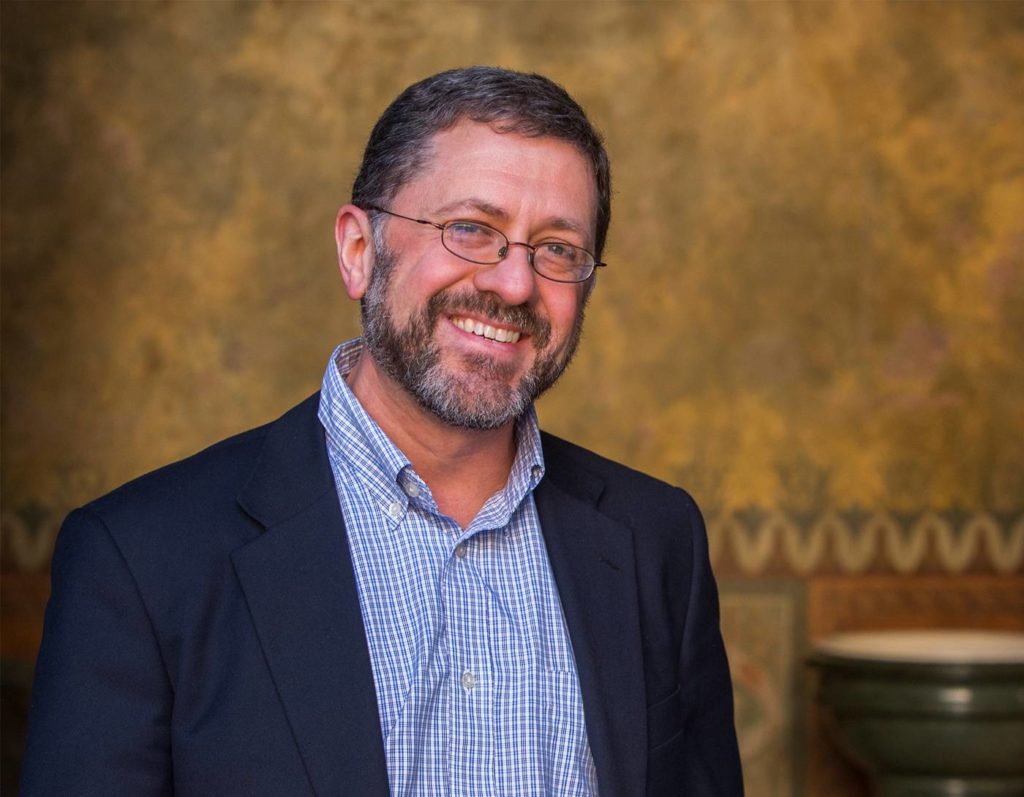 Episode 1 – Judas – “Villains of the Early Church: And How They Made Us Better Christians“
Episode 1 – Judas – “Villains of the Early Church: And How They Made Us Better Christians“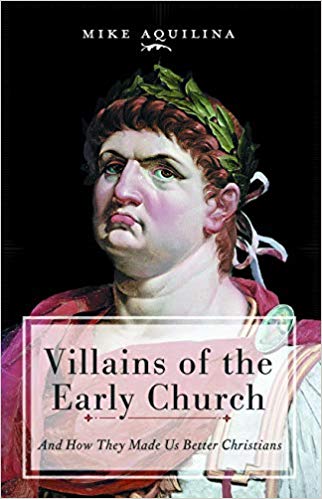

 Guided by Grace – “What am I to do?” The Discernment of God’s Will in Everyday Decisions with Fr. Timothy Gallagher
Guided by Grace – “What am I to do?” The Discernment of God’s Will in Everyday Decisions with Fr. Timothy Gallagher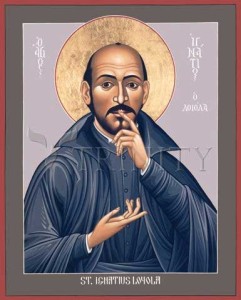 Discerning Hearts Reflection Questions:
Discerning Hearts Reflection Questions: